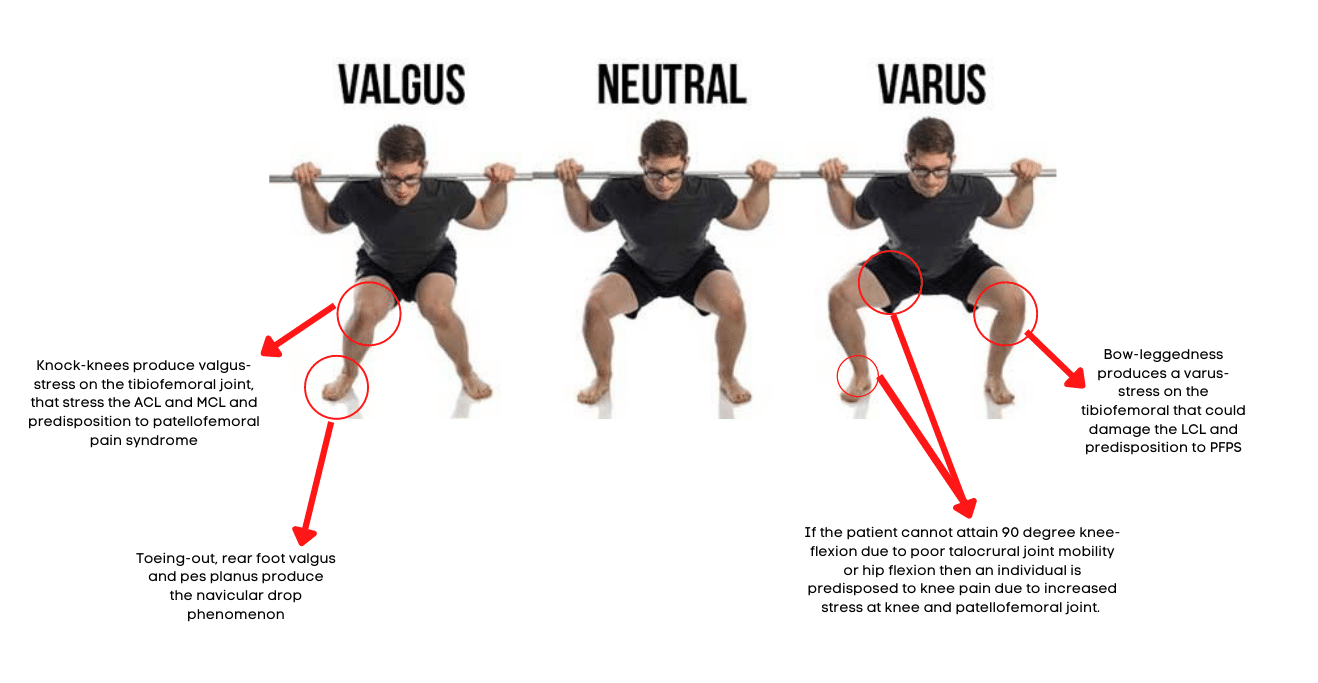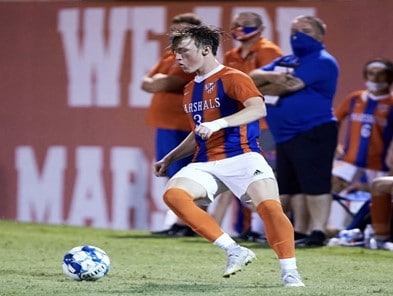Can ACL Tears Be Prevented?
An anterior cruciate ligament (ACL) tear is one of the most common injuries that occur in the athletic population. No athlete wants to be on the sideline watching their teammates win. The good news is there are preventive measures you can take to reduce risk of a tear.
Here are few facts to review about ACL Injury:
- Most ACL injuries (70%) occur during non-contact activities such cutting, decelerating or landing from a jump.
- Female athletes are 4-6 times more likely to tear their ACL in comparison to male athletes.
- Although evident in all sports, the highest incidence of ACL tears occur in soccer, volleyball, handball and basketball.
The ACL is important because it assists with knee stability (specifically during running), jumping, cutting, and pivoting. The position of the ACL in the knee helps the tibia from sliding forward and rotating on the femur “like a seat belt.” Therefore, ACL injuries occur when an anterior force is applied to the tibia. This is more likely to occur when a player has poor lower extremity mechanics and alignment, weakness, loss of balance and coordination, improper warm up and overall decreased conditioning.
ACL prevention programs have shown to reduce the risk of ACL injuries in athletes. Prevention program exercises and drills vary due to gender, sport, and competitive level but all focus around several areas.
Dynamic Warm-up
Strengthening
Balance/Coordination
Plyometric Training
Education
Remember that when starting any preventive program and prior to executing more demanding tasks like plyometrics; an athlete needs to focus initially on a proper dynamic warm-up, strengthening, and balance. It’s imperative to have adequate hip, thigh, and core strength before starting plyometrics which requires significant more force through your lower quadrant. Improving your strength initially can also prevent patellar pain (kneecap pain) which can occur due to poor alignment and mechanics during plyometrics drills.
Remember these 5 things:
Always warm up. Get blood circulating to your muscles and joints before you start your game or practice.
Strengthen. Having adequate strength in your hips and thighs (abductor muscle group, quadriceps and hamstrings) is key to providing support for your knees and preventing ACL injuries. It is also important to slowly increase repetitions and resistance to allow your body to accommodate to training levels. It is beneficial to fatigue your muscles for conditioning purposes. Use good technique and don’t forget to include your core in strengthening exercises. Your core helps with trunk and pelvic stability which is essential for extremity positioning.
Don’t forget the importance of balance and coordination. Many injuries occur when an athlete is off-balance. Like anything, balance gets better with practice. Your gains in stability will pay off on the playing field.
It’s important to participate in Plyometric Training but only when adequate strength is obtained. Avoid landing with poor flexion angle at your knees or increased valgus positioning at knees as well.
Educate yourself. Work with your local physical therapist at PRO Physical Therapy to begin a specific training program addressing your deficits and sport specific needs.

Stay fit, motivated, and challenged!

Scan our QR Code with your phone to visit PRO Physical Therapy Website!
You can also click on our website link: https://prophysicaltherapyservices.com
270-252-7600
302 US HWY 68 West
Benton KY 42082
Schedule Your Consultation at PRO Physical Therapy
Are you ready to end your muscle or joint pain? PRO Physical Therapy can help you get started today. To find out more about direct access and our physical therapy services in Marshall County, Kentucky, call 270-252-7600 and schedule an initial evaluation and our experienced insurance can verify your insurance coverage.


Recent Comments